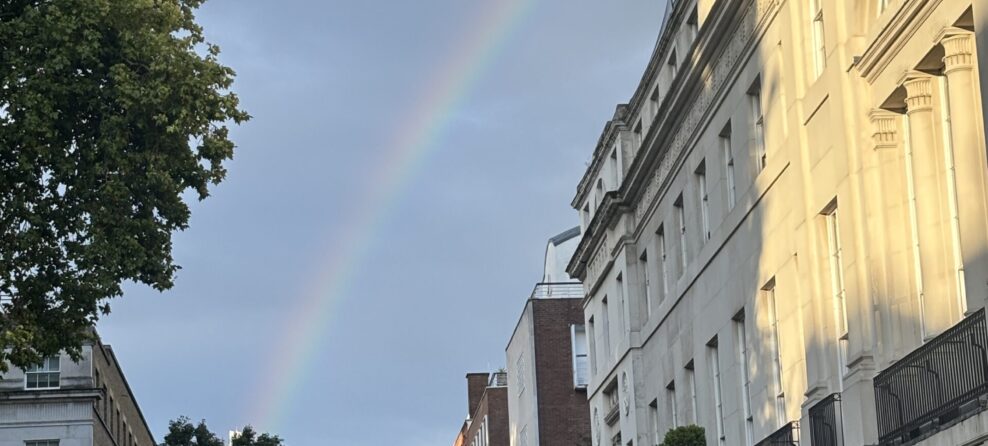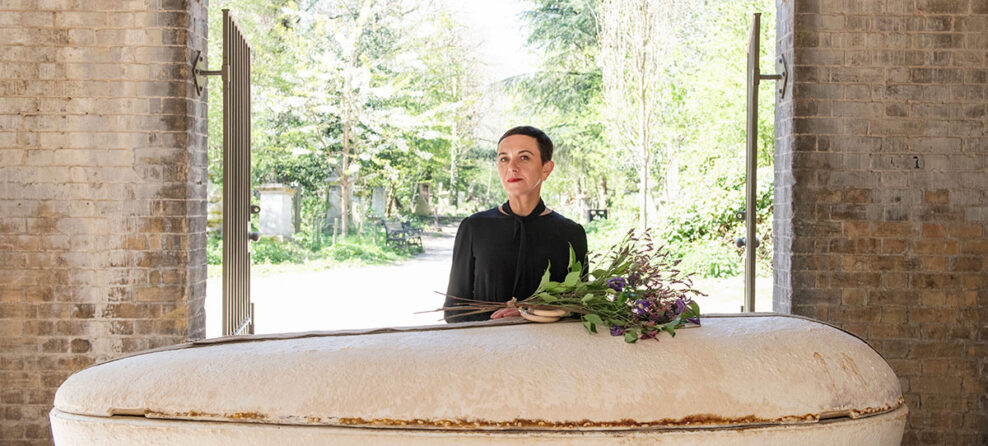When someone dies there are many things which will need to be taken care of. Understanding what you need to do can help ease some of the stress or confusion you may be feeling.
For ease and your own peace of mind it is advisable to have a funeral director in mind or appointed so there’s one less thing to think about. Knowing your options ahead of the time of need is a good starting point.
We are independent funeral directors who take great pride in our personal approach.
Should you wish to discuss funeral please do call: 0333 733 0224


